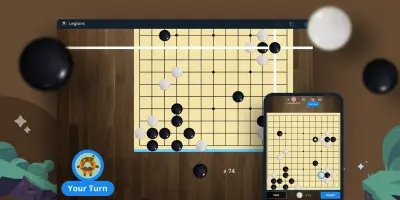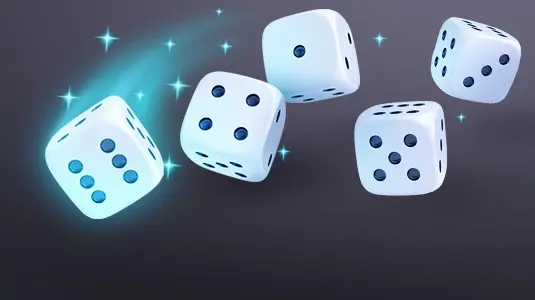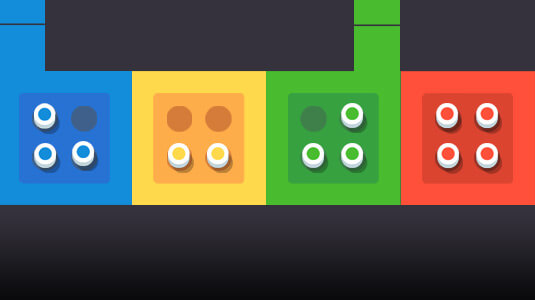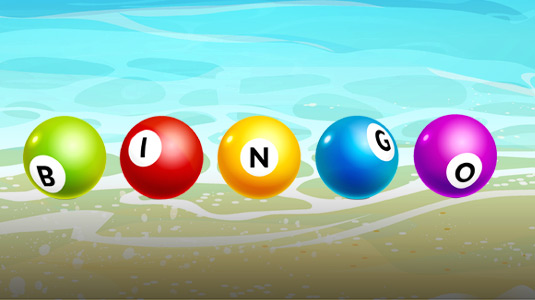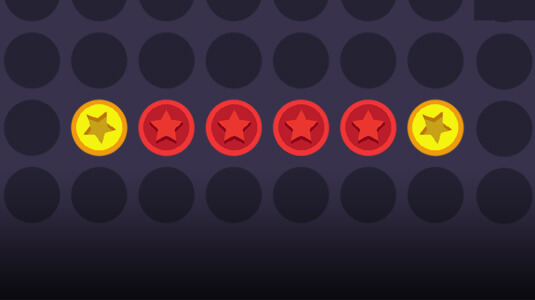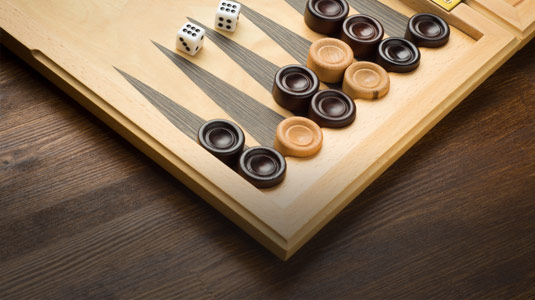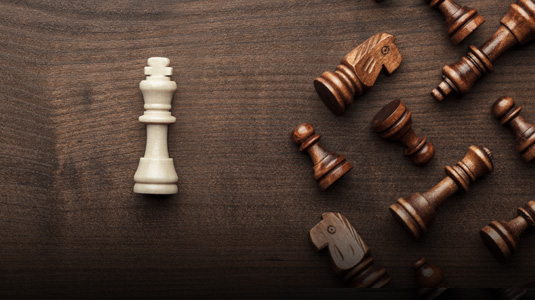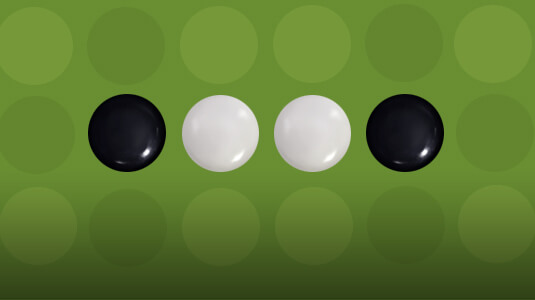 Go
GoBalance offense and defense, master the flow of influence, and turn the board into your masterpiece.
Play Go online with friends for free
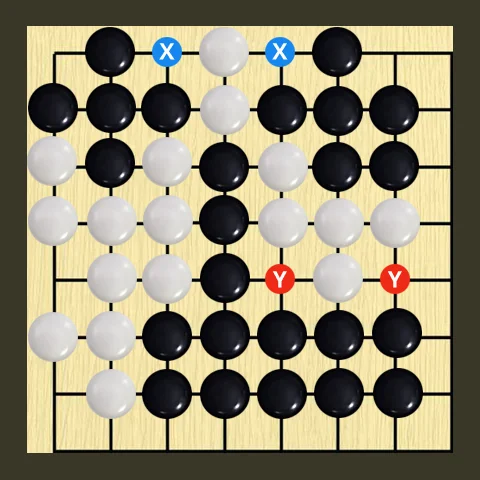
Seki
Occasionally, adjacent opposing groups will become surrounded while neither group has two eyes. If one group has enough extra liberties, it may be able to capture the other. Otherwise, a seki, or dual life, is a likely result of the battle.
In the below picture, the White group in the lower left has two eyes, and so is safe. The two Black groups in the corners at the top have just one eye each (the corner points), but are safe because White cannot play on either point marked X without allowing Black to capture the White stones. Meanwhile, the five White stones on the right and the large Black group at the bottom are both eyeless, but both groups are safe because neither player can occupy either of the points marked Y without allowing the opponent to play on the other point Y and capture them. Since neither player can approach the other anywhere, the various groups with fewer than two eyes are alive in seki.
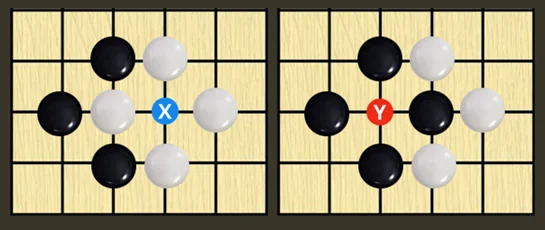
Ko
In the below picture, Black can capture one White stone by playing at X. The resulting position is shown. If White plays at Y, the former arrangement is restored. However, White may not make such a move without playing somewhere else first, thus giving Black a chance to play at Y and retain the captured point.
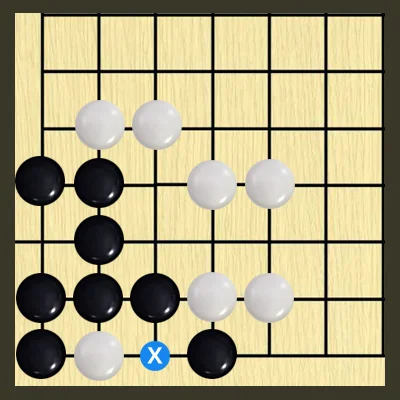
Suicide Moves
A stone may not be placed in such a way that it (or the group it's part of) has no liberties. (Chinese rules allow such "suicide" moves; the stone that was just played (or the group it's part of) is captured right away; occasionally, such a move can be useful as a ko threat.
This is illustrated by the below position, in which a White move at X would cause two White stones to be removed, but White would now threaten to play at X again, making Black's eye to the left of X a false eye.
Compensation
Black has an advantage in go because of making the first move. To offset this advantage in even games, White is given compensation, or "komi," most often in the amount of 5.5 points but sometimes as much as 7.5 points. This compensation is added to White's score at the end of the game. Since White's score will not be a whole number, ties are impossible. Territory and prisoners are counted automatically, but it's up to the players to add any compensation and determine the winner. For even games, it is recommended that komi be fixed at 5.5 points regardless of whether the board size is 19x19, 13x13, or 9x9.
Can I play online?
Yes. Install the Plato app on iOS, Android, or macOS to play the full catalog with friends or matchmade opponents. You can also play Ocho online in your web browser — no install needed.
Can I play with friends?
Yep. Tap Create Private Game, then share the invite link or invite from your contacts. When they tap Accept, they're seated at your table.
Is it free?
Yes — free to play and ad-free. If you buy something, it's for looks (themes, profile flair), not power.
Is it fair?
Shuffles, deals, dice, and timers run on Plato servers, not your device. Everyone plays by the same rules and no one can peek at hidden information.
Is it safe?
You can block and report from profiles or chat. Public spaces use filters and human review. Some rooms use Chat Pass to deter spam, and privacy controls let you limit who sees you online.
Live vs. turn-based: what’s the difference?
Both are turn-taking; the difference is the clock. Live uses short timers for quick back-and-forth. Turn-based gives you longer — often up to 24 hours per move in games like Chess — so you can play at your pace.
